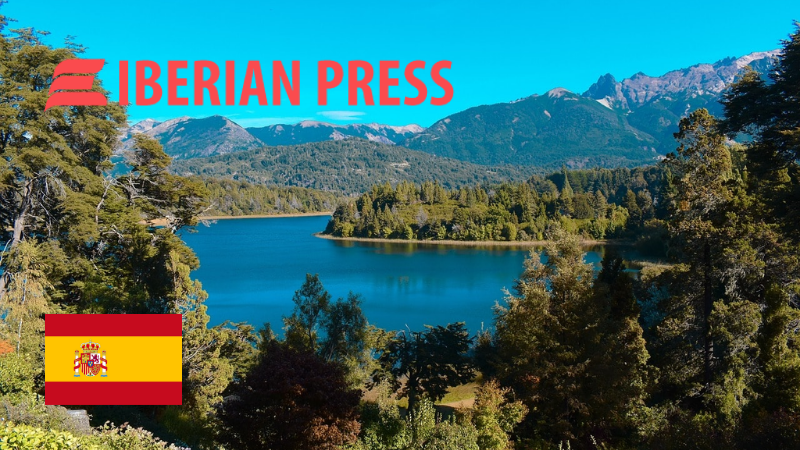
A revolutionary issuance process of carbon credits has been initiated in Chilean Patagonian forests
Over the following weeks, Chile will become a milestone in the issuance of digitized carbon credits for the first time, using blockchain technology based on the extra value that is generated by the conservation of forests in Chilean Patagonia.
This milestone is possible thanks to the ground-breaking alliance that took place between the English company eGreen and the Chilean The Real Eco State whose objective is issuing a number of 100.000 high quality credits by 2024 based on the projects of the latter.
The Real Eco State, a Chilean Company that works in the real estate business, specializes in the creation of plots whose minimum extension is 5 hectares of unspoiled lands in Chilean Patagonia, which are marketed worldwide under the Conservation Easement, a legal mechanism that permanently guarantees the conservation of marketed land, including its flora, fauna and fungi.
This business model includes the collaboration of the foundation WEConserve, which has worked on the conservation of roughly six thousand hectares in the zone, which contain a large percentage of unspoiled forests that have been sequestering and storing atmospheric carbon over thousands of years and whose annual input will be technologically verified to be marketed in the international market by eGreen.
Thanks to Felipe Escalona’s financial support, a group of scientists, coordinated by WEConserve, created a state-of-the-art technology development of global quality standards, which will be used to directly issue carbon credits based on data from satellites, sensors and studies of the foundation throughout the platform eGreen by 2024.
These carbon credits will allow us to reveal and quantify the actual sequestered and stored carbon in current time, encouraging more people to acquire land conservation of this natural heritage. In that way, the land owners will receive the resources and the ownership of the carbon credits, which are meant to generate income and profits for them, being a part of these profits set aside to support more forest conservation research on behalf of the nearby communities.
"It is certainly beneficial news for our target of democratizing conservation and generating disruptive innovations that may save the planet from the climate crisis since it represents an unprecedented business opportunity not only in our country but around the world, consisting of adding an annual income associated with the private conservation to the capital gains land, without acquiring thousands of land to do so" said Felipe Escalona. He underlined the significant alliance that his company and WEConserv have with NASA and The University of Maryland, where they have been working on the project GEDI, which through drones and satellites, aims to gather more accurate mapping of forests around the world.
In this case, they work in partnership on preparing both an inventory of the owners of more than six thousand conservation hectares that have been marketed by The Real Eco State, and the format of the upcoming land sales. Having such figures, it is expected to issue carbon credits whose information will be open to the public and unalterable, easily verified, and digitized on blockchain, even targeting to reach 90% of the marketed projects in the past.
The carbon credits will be issued by measuring, with state-of-the-art technology, the natural growth of forests and their capacity to sequester carbon that will be registered in current time through high-capacity sensors installed in the forests.
According to eGreen and The Real Eco State, all this information will be verified and tokenized to be negotiated in specialized markets afterwards. This will also become a permanent source of income for the current and future owners of conservation lands in Chilean Patagonia, which will certainly make the acquisition of lands more appealing to protect and conserve them as smaller-scale Private Conservation Parks in the southern zone.
-
Source: iberianpress.es

